
Common timbers for windows – Best timber option for windows
Timber, unlike aluminium or PVCu, is a much more adaptable material meaning timber windows are available in many different types.
When looking for timber windows, it is very important to consider the type of timber you want, as these will all have different benefits in terms of durability, insulation, and cost.

What wood is best for windows?
There are so many types of timber to consider when choosing your windows and doors and you should be looking at key indicators such as insulation, durability, strength, cost, and of course, aesthetics.
You may want to choose a timber type based on appearance, or you may be looking for a cheaper alternative or one which is environmentally friendly. We will tell you everything you need to know to help you decide which timber to use for your windows.
Hardwood vs Softwood windows
Timber is often split into two main categories – hardwood and softwood. Now, of course, it may seem obvious to differentiate between these two types by saying one wood is hard and one is soft, which is correct, but it can be much more complex than that.
It all comes down to the structure of the wood.
Hardwood timber comes from deciduous trees, such as Oak or Beech, and has special pores in the cellular structure, which makes it much denser than softwood alternatives, making it much more durable.
The trees take much longer to grow, meaning it is a lot more expensive than softwood, and hardwood aesthetics are much more popular due to the fine grains and classic appearance.
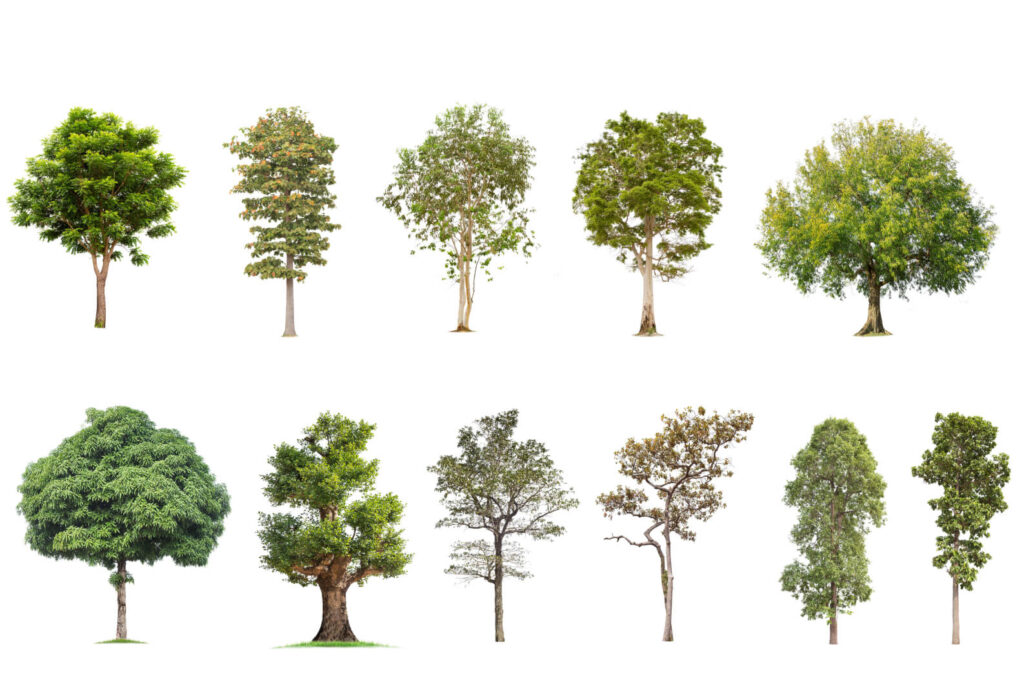
Softwood, on the other hand, comes from coniferous trees, which means they are evergreen and don’t lose their leaves. On a cellular level, they are not the same, and their structure means they are a lot softer. However, softwood is much more sustainable as it doesn’t take as long to grow, meaning they are more readily available and, therefore, a lot cheaper.
This is all very interesting information, but what does this mean for windows and doors?
What wood is used for hardwood windows?
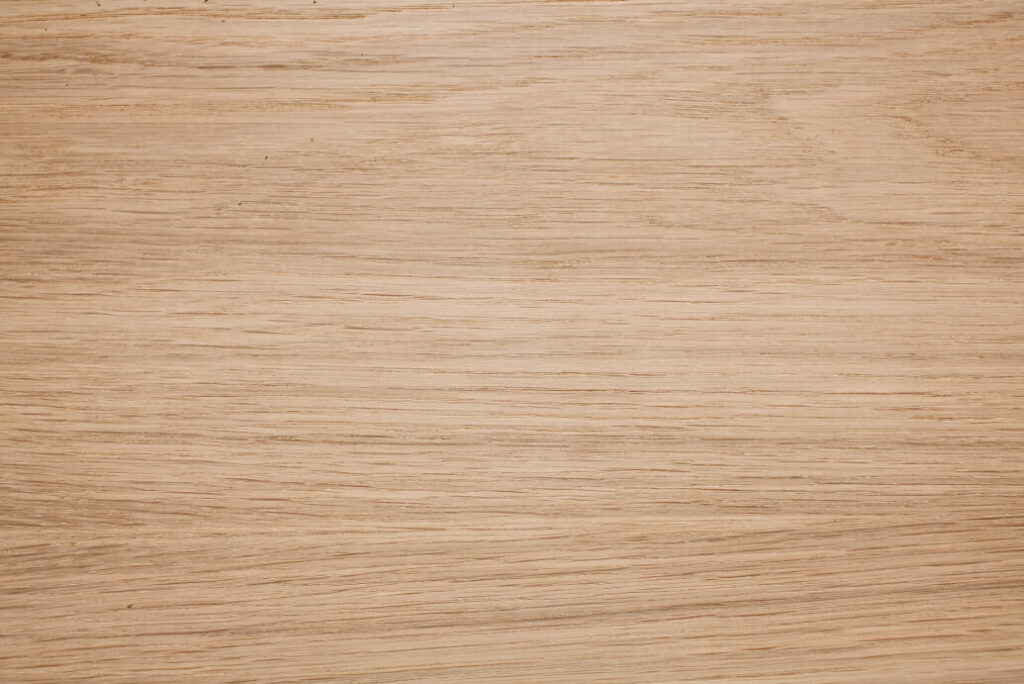
Oak
Traditional British oak is a popular choice for older, heritage-style properties, and some of the first timber windows were made from oak. It is a very enduring and stable timber, offering fantastic thermal and acoustic insulation. The fine lines and sleek appearance of oak make it such a commonly found timber in many places such as furniture products and also windows.
As it takes so long to grow, oak is generally much more expensive than other alternatives.
Its density, although making the windows more durable, means it is very heavy, which can cause difficulties as it places a lot of weight on sash frames.
Oak can often be split into European and American White oak. European oak is often sustainable, but American White oak is considered not suitable for the manufacture of external joinery, so bear this in mind when choosing timber for your windows.
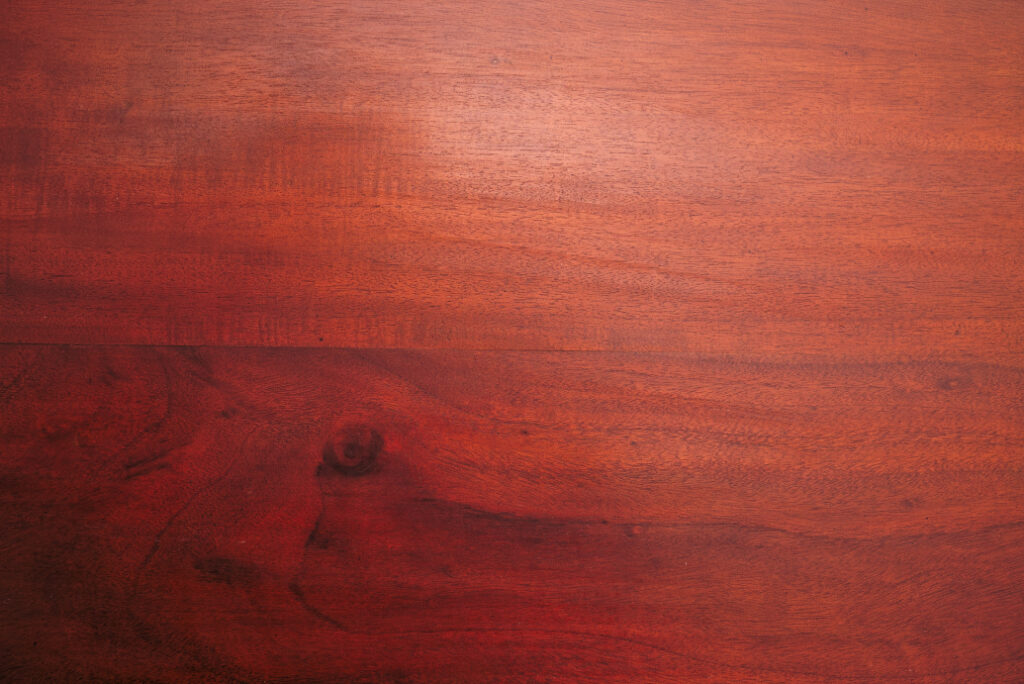
Mahogany
Mahogany is a dark wood that comes in colour somewhere between rich red and brown-red.
The fine lines and dark colour make it a popular choice for those choosing windows based on aesthetics as it creates a very unique style. It is a durable timber which is a very stable choice for windows but is quite expensive.
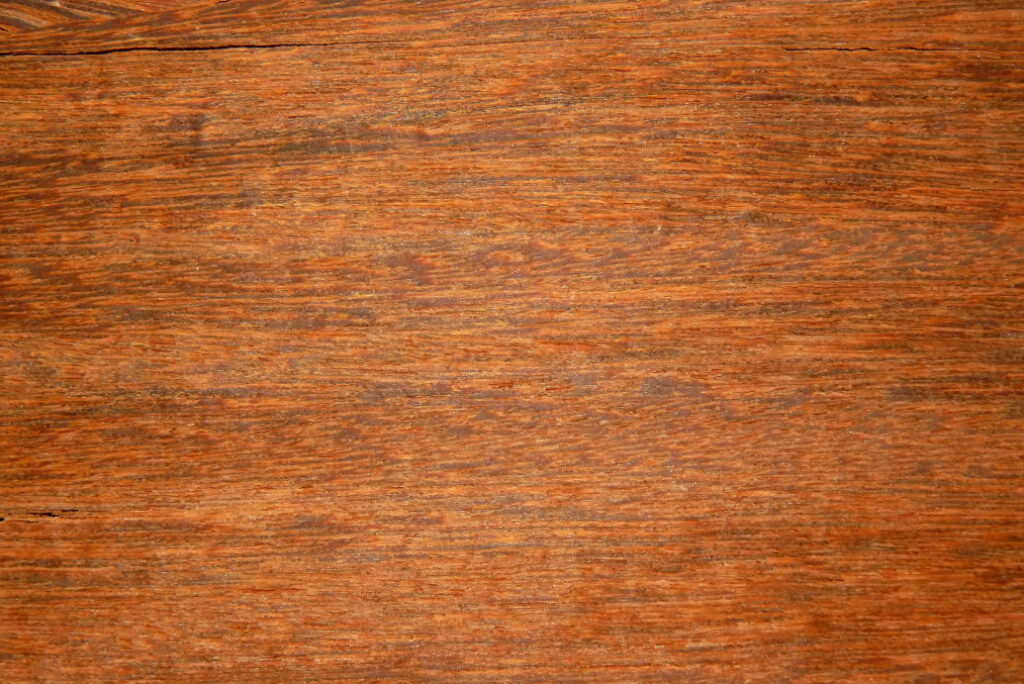
Sapele
If you want the same aesthetics as mahogany but are looking for a more cost-effective option, then Sapele is the perfect solution. Sapele is much more sustainable than mahogany, which means it is a lot cheaper while still possessing fantastic levels of durability and strength. The reddish-brown hardwood has very similar characteristics to mahogany, and the straight grains make it suitable for painting.
Its sustainability makes it a perfect choice for the more environmentally conscious homeowner.

Red Meranti
Red Meranti comes in lots of sub-species, meaning it has various colours and densities. Grown in South East Asia, it is very good value for money and is naturally resistant to decay and insect attack.
It doesn’t take preservatives easily but is very good value for money.

Red Grandis
Durable and easily machined, Red Grandis is a great timber for windows and doors. As a member of the Eucalyptus family, it is very consistent in colour, and appearance and, like Red Meranti, is resistant to insect attack and decay.
It is FSC certified, which means it is environmentally friendly and the workers earn a decent livelihood, but it does mean lots of woodland area has to be farmed, which leaves a significant impact on the area in which it is farmed.
The stability of Red Grandis means it lasts for around 10 to 15 years, making it a very suitable window timber.
What wood is used for softwood windows?
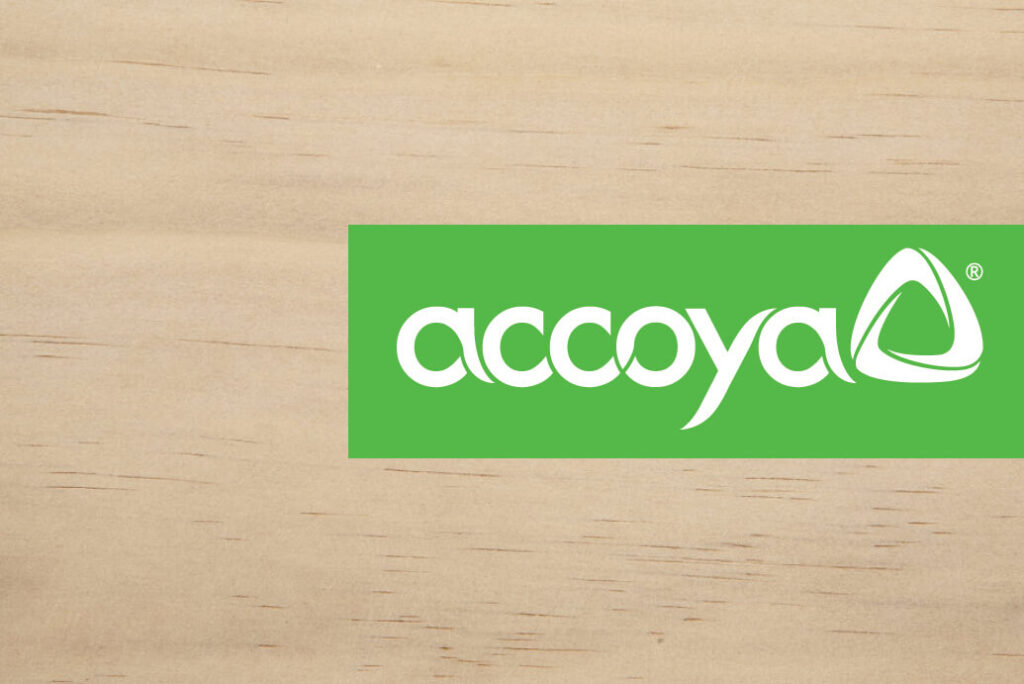
Accoya
Accoya wood is the industry-leading timber choice for window frames. It is engineered timber grown from sustainable sources, and manufactured after 80 years of extensive research to come up with the perfect solution.
It is treated with ascetic acid, which reaches the core of the timber to preserve and strengthen it. Accoya is graded as class one durable – the highest level of durability- making it the best wood for windows.
It is extremely resistant to decay and rot, with a 50-year anti-rot guarantee. The initial cost of Accoya wood is quite high, but it’s the best wood type on the market, and its low maintenance qualities and life span will save you money in the long run.
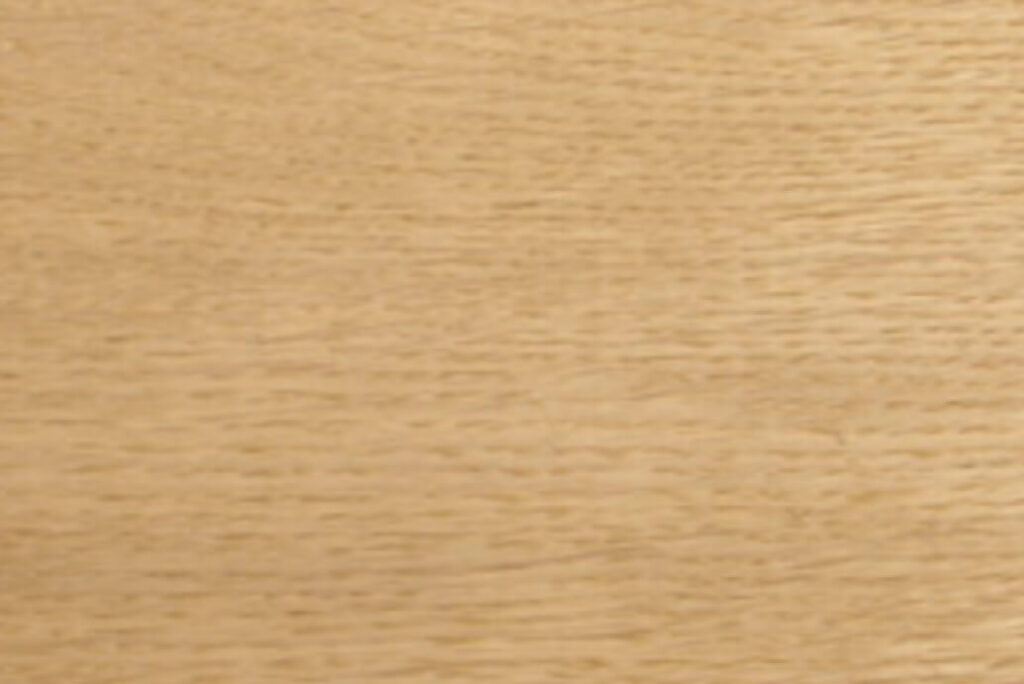
European Redwood
The most common timber for sash window manufacture is European Redwoods. Available in many different types, such as Scandinavian Pine, Scots Pine and Baltic Pine, it is not as durable as other alternatives but its availability makes it a very popular option for sash windows.
It is moderately resistant to decay but needs to be regularly painted to ensure optimum weather protection. This is a very common timber for windows, but due to its high demand and mass production, it makes it very prone to lower levels of quality.

Douglas Fir
Douglas Fir is a premium grade softwood that is grown all around the world. It has been a very popular choice for many years due to its fantastic sound and heat insulation.
It naturally has fire-resistant qualities and is resistant to chemical abrasion. It can be prone to splitting and is brittle, but overall is a premium option for sash windows, which can often be reflected in the price.
What is the best timber option for windows?
All these timber types come with various pros and cons, but the standout option for windows is Accoya. The durability and resistance to rot make it the best long-term choice for windows.
Do you need to renovate your timber sash windows?
If your timber sash windows have been susceptible to damage over time, and have split and warped, then the experts at Scott James Sash Windows Specialists can help restore the natural quality of your windows.
Our team of craftsmen can breathe life back into your sash windows and make them look as good as new without the need for replacements. We can also help improve the efficiency of your windows with our double-glazing replacement and draft-proofing service.
Read more articles
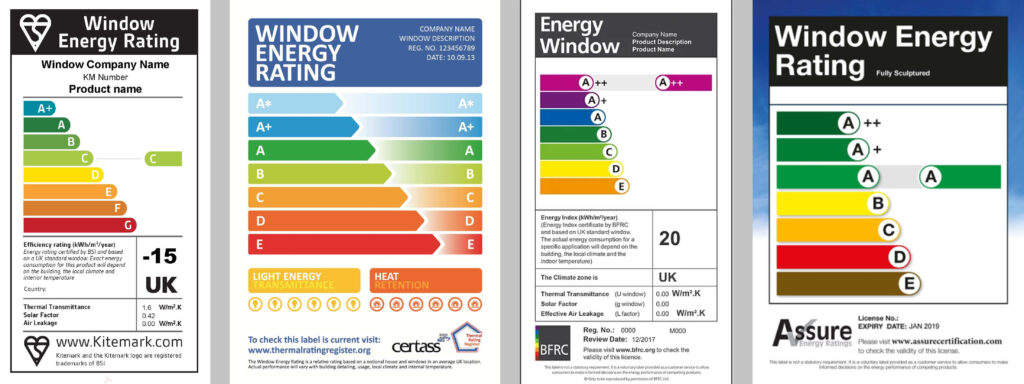
Window Energy Ratings – UK Guide
Window Energy Ratings – UK Guide
What is FENSA, and how does it affect you?
What is FENSA, and how does it affect you?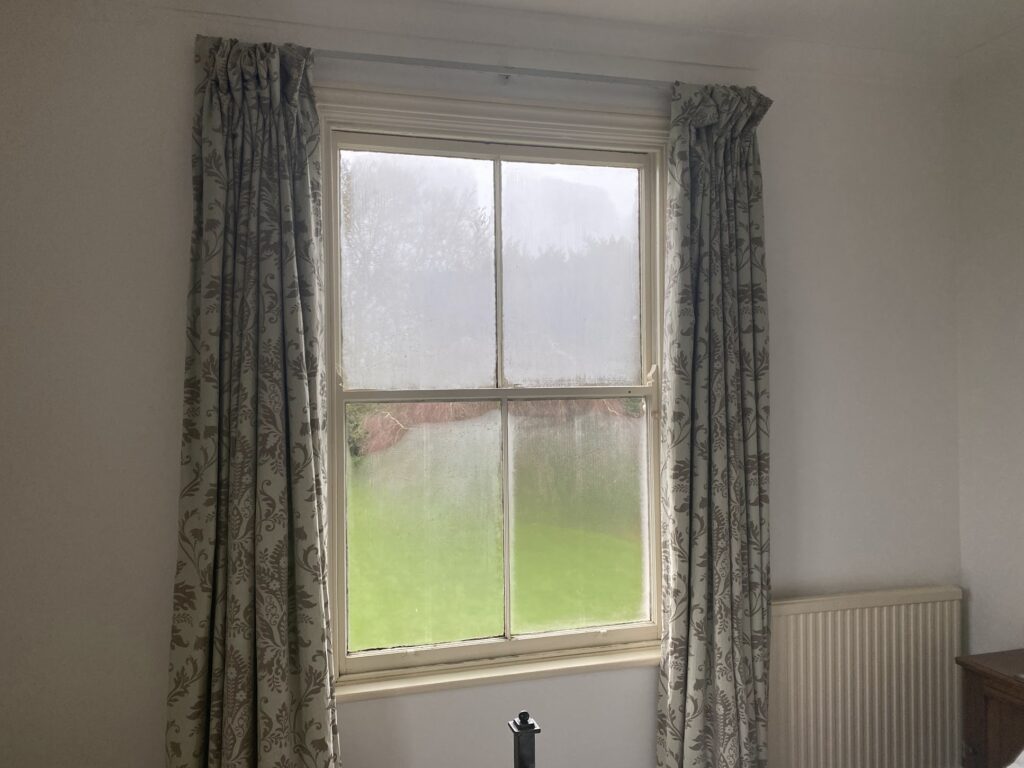
Single glazing condensation and how to fix it
Single glazing condensation and how to fix it